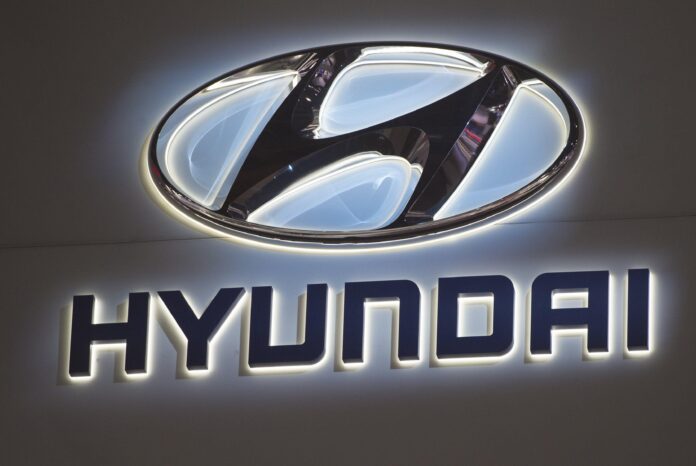Hyundai Motor has relocated production of its Tucson crossover from Mexico to the United States as part of its response to new U.S. auto tariffs, the company announced on Thursday.
The decision follows the launch of a dedicated task force by the automaker aimed at mitigating the financial impact of the Biden administration’s 25% tariffs on automobiles, which took effect April 2. Additional 25% tariffs on auto parts are scheduled to be implemented by May 3.
The shift of Tucson production to Hyundai’s Alabama factory marks a strategic realignment, although the volume moved is modest—just 16,000 units were produced in Mexico last year. Hyundai is also considering relocating production of some U.S.-bound vehicles from South Korea to other sites as part of its broader contingency planning.
Hyundai, alongside affiliate Kia, derives roughly one-third of its global revenue from the U.S., with about two-thirds of its U.S. sales made up of imported vehicles. The automaking group, the world’s third-largest by sales, is particularly exposed to trade friction with the United States.
“We expect a challenging business outlook to continue due to intensifying trade wars and other various unpredictable macroeconomic factors,” Hyundai said in a statement.
The Tucson move is part of Hyundai Motor Group’s broader $21 billion investment initiative in the United States, unveiled last month during a White House meeting with President Trump. The company has committed to expanding operations at its Georgia factory, although scaling up domestic production will take time.
In the interim, Hyundai has frontloaded some vehicle shipments to North America, resulting in a current inventory level of 3.1 months. The company plans to maintain sticker prices for its current model lineup through June 2 and will adjust pricing as needed afterward.
Despite the trade tensions, Hyundai posted a record first-quarter operating profit of 3.6 trillion won ($2.5 billion), buoyed by strong hybrid sales and a weaker South Korean won, which contributed 601 billion won in gains. U.S. retail sales of Hyundai vehicles rose 11% in the quarter as customers rushed to buy ahead of anticipated price hikes from tariffs.
The automaker reaffirmed its full-year guidance for 3-4% revenue growth and an operating profit margin of 7.0-8.0%.
Hyundai also confirmed that ongoing talks with General Motors (GM.N) could lead to collaboration in various sectors, including electric commercial vans and pickup trucks, but declined to provide details, citing the sensitivity of ongoing tariff-related discussions.























